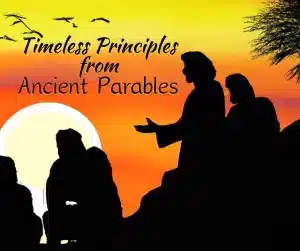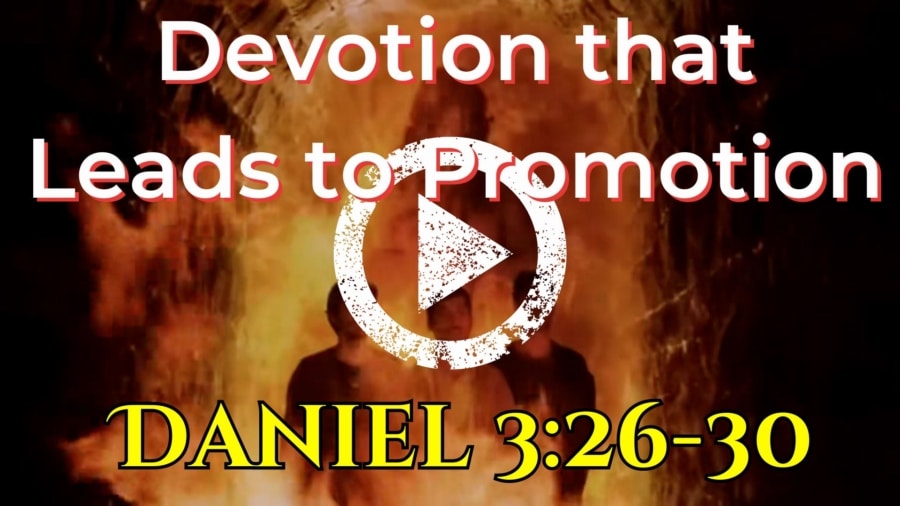- These are Written
- Believe
- Should Not Perish
- 3:16
- Never, Never
- Life, Love, Light
- Condemned by Choice
- This and That
- Seven Expressions of Love from the Cross
- Why?
- I know, I know!
- What?
- UGH!
- Expedient
- Gain Grace?
- The Gift
- The Hands of God
- Immortality
- COME UP HERE
- Not by Works of Righteousness We have Done
- Jesus’ Perspective on His own Death
- I AM
Revelation 4:1 begins, “After these things.” This is exactly the phrase that is used in Revelation 4:19, giving the outline. It refers to a specific time, namely, after the church age. So, after the church age, John says, “I looked and behold a door standing open in heaven.” This reminds us of three very important things. First, Jesus Christ is the door and identifies Himself as such (John 10:7). What kind of a door is He? He’s an open door to heaven. Second, Jesus Christ opened the door. We see that in Luke 23:45, where He cries out in the agony of separation from the Father and says, “the veil in the temple was rent from top to bottom,” signifying that the way into God’s presence is now open. The veil symbolized the fact that there was a barrier between God and man which was removed on the cross. Finally, the “door” reminds us that He has opened to us a door for evangelism. Remember, with the Church of Philadelphia, He said that He “would open for them a door that no one could close (Revelation 3:8).” You also see the apostle Paul in 1st Corinthians 6:9 asking the Corinthians to pray for him because he said, “a great door for effective service has been opened to me and there are many, many adversaries.” So, the open door is significant because it all centers around the finished work and victory of Jesus Christ on the cross.
Revelation 4:1 says, “I saw a door open in heaven.” I should point out to you that the verb here is perfect. The door opened in the perfect hands, and means it opened in the past, with the result that it remains opened in the present. Jesus Christ opened the door in the past through the work of the cross, and it remains open to the present time. When John saw the door standing open in heaven, he “heard the first voice that he had heard.” The first voice that he heard was the voice of the Lord Jesus Christ. So, he’s hearing the voice of our Lord speaking with him like the sound of a trumpet. This voice, like the sound of a trumpet, gives him a command, and the command is “COME UP HERE.” Now, it’s significant that at the end of the section dealing with church history, John should hear the command, “Come up here,” and he hears it in a voice of a trumpet. You’ll remember in 1st Thessalonians 4:13-18, we are told that “The Lord Himself will descend from heaven with a shout, with a voice of the archangel and the trumpet of God, the dead in Christ will rise first, and then we are alive and remain will be caught up together in the clouds, and so shall we ever be with the Lord.” Also, in 1st Corinthians 15:51-58, the Apostle Paul talks about how, “we shall all be changed in a moment. In the twinkling of an eye at the last trumpet.” That trumpet, I believe, is the very voice that John hears in Revelation 4:1. And what that voice says, what is said there. When the rapture of the church takes place, believers are going to hear the voice of the Lord Jesus Christ in the same manner. You might just read through John Chapter 5, because in His explanation of the resurrection, the Lord Jesus Christ said, “the hour is coming, and now is when those who are in the grave will hear his voice and they shall arise.” So, I believe that the voice that brings the dead in Christ from the ground and catches up those who are living is the very voice that we hear right here. What this portrays in verse one is the rapture of the church. Let me just point out again that while the term “church” and “churches” has been used 19 times in the Revelation Chapters one to three. You will not see the word “church” occur again until Revelation 22:16. Not until God’s plan is finished. Not until we’re in the eternal state is the church mentioned again. What we find in the interim is symbolic language in Revelation Chapters 4 and 5 in heaven. In Revelation Chapter 6 through 19, the section dealing with the tribulation period, the emphasis is all on Israel. Why? Because that’s annual 70th week. We looked at that last time. That’s the time when God is finishing His work in the nation of Israel.
“After these things” is used twice in Revelation 4:1. This is emphasis and very Hebrew. It’s a very Hebrew thing to speak something twice for the purpose of emphasis and to display perfection.
Believers are going to hear the voice of the Lord Jesus Christ. A voice that brings the dead in Christ from the ground and catches up those who are living. This is the very voice that we will hear, “COME UP HERE.”
Gene Cunningham - April 8, 2000
Simplicity in Christ #5

Psa 103:1-14 There are great benefits to having God as Father. Simplicity refers to purity and single-mindedness (Phi 3:13). Faith is the key to simplifying life. Whatever is apart from faith is sin (Rom 14:23). Prayer is a wonderful provision for helping simplify life. Luk 15:11-21 illustrates God's attitude who forgives sin. We need to confess our sin in order to "walk uprightly" (1Pe 3:1, Psa 80:11). People were drawn to Jesus; He was not judgmental nor self righteous (Luk 15:1-11). At the bottom, "no man gave him anything" (Luk 15:16). There's no Grace without God. The prodigal son wasted his resources on wasteful living (Luk 15:13). Lost ground takes time to recover. Groveling is not the answer, but faith and acceptance of God's forgiveness (Luk 15:19-22). The waits to be gracious (Isa 30:18, Jer 31:34). He's waiting on us to get rid of distractions from Him. Culturally, it was shameful to run (Luk 15:20), but it shows God's attitude of graciousness when forgiving His children. God is in a hurry to forgive us (Heb 4:15-16). Sadly the prodigal's brother did not want him to return (Luk 15:25); much less be forgiven (Heb 10:17). Isa 53:1-12 says the Lord not only paid the penalty for our sin, but He also bore our shame, sorrow, and guilt. The Father protects His children; we have nothing to fear (Mat 10:24-31); the Father has the hairs of our head numbered. The cross is the doorway home through resurrection (Joh 17:1-5). A life free of fear, shame, and death is simple.
Scripture References: Hebrews 10:17, Philippians 3:13, Luke 15:13, Luke 15:25, Psalms 103:1-14, Luke 15:16, Hebrews 4:15-16, Luke 15:1-11, Luke 15:20, John 17:1-5, Psalms 80:11, Jeremiah 31:34, Matthew 10:24-31, Luke 15:11-21, Isaiah 30:18, Isaiah 53:1-12, Romans 14:23, Luke 15:19-22
From Series: "2018 AYC Ladies Classes"
Nan Cunningham spoke to the ladies at the 2018 AYC Camp.








